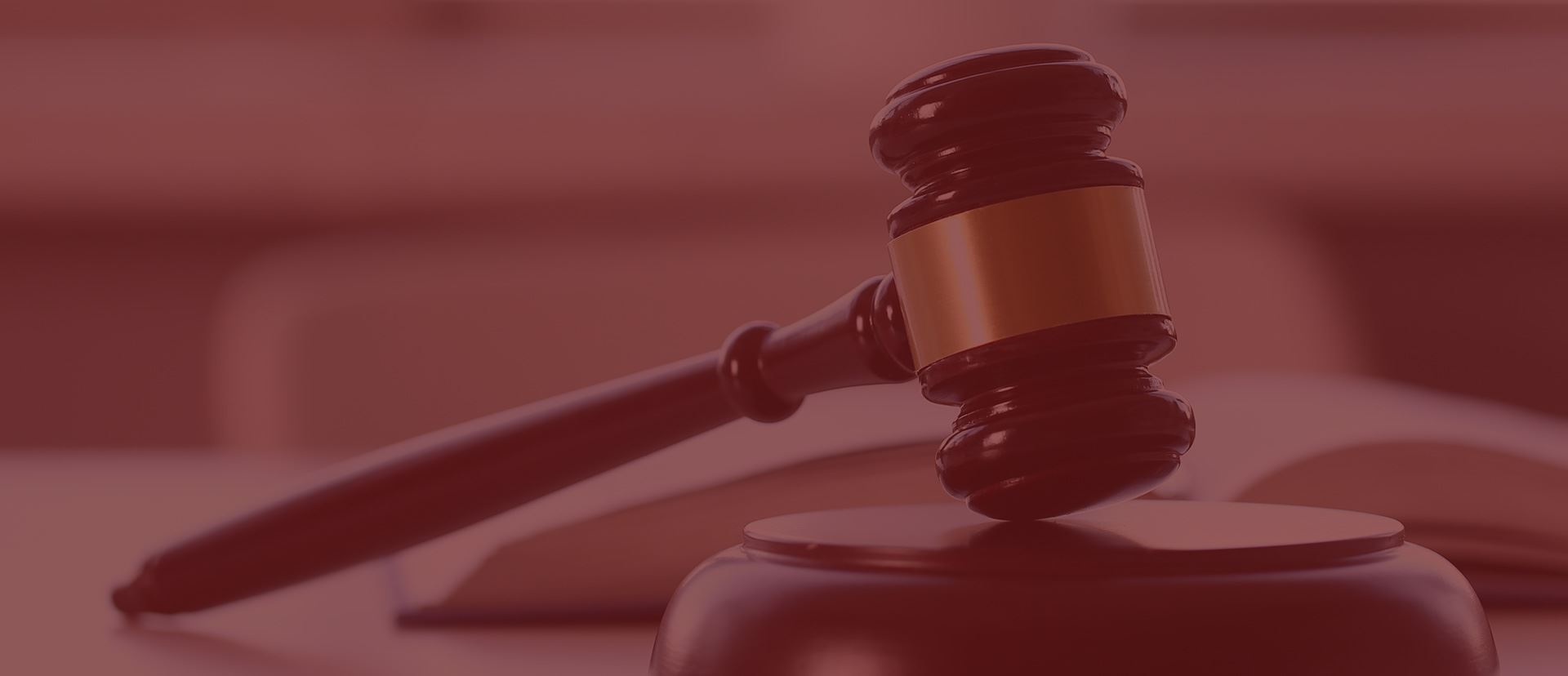For nearly 4 decades, service members, their families, and nearby civilians were exposed to contaminated drinking water at the Camp Lejeune Marine Corps base in North Carolina. Due to the toxic exposure, many Veterans – and everyday citizens living and working in or near Camp Lejeune – have been diagnosed with cancer and other diseases.
VA Remedies Fall Short
The U.S. Department of Veterans Affairs (VA) has tried to provide remedies, but its efforts have largely fallen short. As one Veteran with pancreatic and prostate cancer told CBS News, the VA’s approach to Camp Lejeune water contamination claims was:
“Deny, deny, deny until they [the Veterans] die.”
From 2011 to 2022, the VA has granted 18,910 Camp Lejeune water contamination claims and denied 90,427 others for an overall approval rate of 17%. Approximately 2,443 claims are still pending, and many Veterans have died from their service-related medical conditions while waiting for their claims to be approved.
The Camp Lejeune Justice Act of 2022
In response to the VA’s mishandling of Camp Lejeune claims, Congress has passed and President Biden has signed the H.R. 6482 (IH) - Camp Lejeune Justice Act of 2022 as of August 10, 2022. The bill would waive government immunity and allow “certain individuals to sue and recover damages for harm from exposure to contaminated water at Camp Lejeune in North Carolina between August 1, 1953, and December 31, 1987.”
Not only will this law help Veterans who have been unable to get VA benefits, but it will also allow family members and civilians who lived and work near Camp Lejeune to file lawsuits against the federal government.
Who Can Sue?
Individuals who were exposed to contaminated water at Camp Lejeune for at least 30 days between August 1, 1953, and December 31, 1987, can sue for damages if they have been diagnosed with any of the following diseases:
- Adult leukemia
- Aplastic anemia and other myelodysplastic syndromes
- Bladder cancer
- Kidney cancer
- Liver cancer
- Multiple myeloma
- Non-Hodgkin's lymphoma
- Parkinson's disease
The VA presumes these 8 diseases are connected to service at Camp Lejeune, so Veterans with these conditions should automatically be eligible for disability benefits. Veterans, their family members, and nearby civilians may also be eligible to file lawsuits against the U.S. government under H.R. 6482 to reclaim damages caused by the diseases listed above.
Other conditions that may justify Camp Lejeune Justice Act of 2022 claims include:
- Esophageal cancer
- Breast cancer
- Renal toxicity
- Female infertility
- Scleroderma
- Lung cancer
- Hepatic steatosis
- Miscarriage
- Neurobehavioral effects (like headaches, lack of coordination, sensory disturbances, cognitive decline, and mental health conditions)
Each individual who comes forward will need to prove that the exposure to contaminated water at Camp Lejeune caused their illness. They will also have to demonstrate how their medical condition has negatively affected their life.
Attorney Brett Oppenheimer and our team at Brett H. Oppenheimer, PLLC can help.
Is Camp Lejeune Water Still Contaminated?
No. Most contaminated wells at Camp Lejeune were shut down in 1985, which is why claims only apply to those exposed between August 1, 1953, and December 31, 1987.
Still, according to the Agency for Toxic Substances and Disease Registry (ATSDR), “as many as one million military and civilian staff and their families might have been exposed to the contaminated drinking water,” during this time.
The water was contaminated with benzene, vinyl chloride, dichloroethylene (DCE), and volatile organic compounds, (VOCs) trichloroethylene (TCE) and perchloroethylene (PCE). People have developed cancer and other serious injuries as a result.
What to Do If You Drank Contaminated Water at Camp Lejeune?
If you have been diagnosed with cancer or another illness – or lost a loved one – due to Camp Lejeune water contamination, you can start building your lawsuit against the federal government today.
We will be on your side from start to finish, and you won’t owe us anything unless you win.
Put Brett’s 25+ years of legal experience to work for you.
Call us at (502) 242-8877 or send us a message online to get started with a free consultation.

